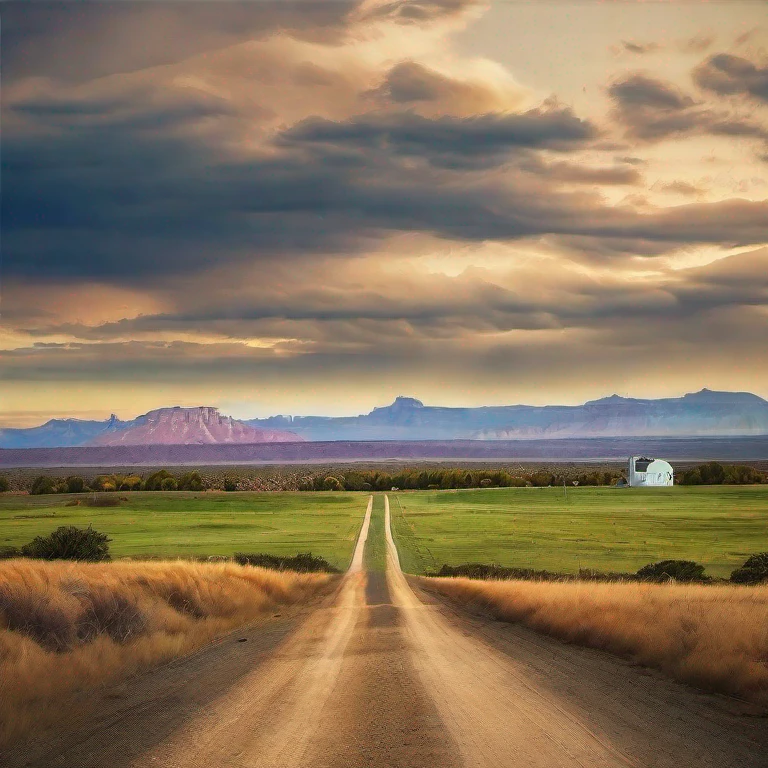The United States of America has long been known as “the land of milk and honey.” This phrase has been used to describe the nation’s abundance, opportunities, and promise. However, in recent years, there has been growing debate about whether the USA still lives up to this ideal. From income inequality and racial divisions to political polarization and moral decline, many argue that the country has strayed from its foundational values. In this debate article, we will critically examine the notion of the USA as the land of milk and honey from a modern Christian’s point of view, exploring various aspects and drawing insightful conclusions.
Economic Disparities
One of the fundamental aspects to consider when evaluating the USA as the land of milk and honey is its economic landscape. While the country undoubtedly possesses vast wealth and opportunities, there is a glaring wealth gap that cannot be ignored. Studies show that income inequality has been steadily increasing, with the top 1% holding a substantial portion of the nation’s wealth. From a Christian perspective, this type of economic disparity raises concerns about justice and the biblical principle of caring for the poor. In order to truly be the land of milk and honey, the USA must address these socioeconomic disparities and work towards creating more equitable systems.
Racial Divisions
Another critical aspect to analyze is the state of racial relations within the United States. Despite advancements in civil rights and significant achievements in combating racism, racial divisions persist in various forms. The recent surge in racial tensions, systemic injustices, and instances of police brutality have exposed deep-rooted issues. From a Christian standpoint, the call for racial justice and reconciliation is essential. A land of milk and honey should be marked by unity, equality, and respect for the dignity of all people regardless of their race. It is imperative that the USA confront these challenges head-on and strive towards racial harmony.
Moral Decline
A land of milk and honey is not merely defined by economic prosperity and social progress but also by moral values and ethics. In recent years, there has been a noticeable erosion of moral values and a shift in societal norms. Issues such as rampant consumerism, the devaluation of human life, the breakdown of the family structure, and the rise of relativism pose significant challenges. A modern Christian view emphasizes the importance of upholding biblical values as a foundation for a flourishing society. As such, addressing these moral concerns is crucial for the USA to reclaim the title of the land of milk and honey.
Religious Freedom
Religious liberty has been a cornerstone of American society, enabling diverse faith communities to thrive. However, there have been instances where religious freedoms have been challenged or threatened. As a modern Christian evaluates the USA as the land of milk and honey, the ability to freely practice and live out one’s faith becomes paramount. Ensuring that religious freedom is protected and respected is vital for a land that values diversity, pluralism, and the pursuit of truth. Upholding this freedom contributes to the overall thriving of religious communities and reinforces the nation’s identity.
We Are Facing Challenges
From a modern Christian perspective, it is evident that the USA faces challenges in living up to the ideal of being the land of milk and honey. Economic disparities, racial divisions, moral decline, and threats to religious freedom are critical issues that demand attention and action. As Christians, there is a call to advocate for justice, promote reconciliation, uphold moral values, and defend religious liberty. By addressing these challenges, the USA can strive towards reclaiming its position as the land of milk and honey – a nation that shines as an example of prosperity, equality, morality, and freedom.
